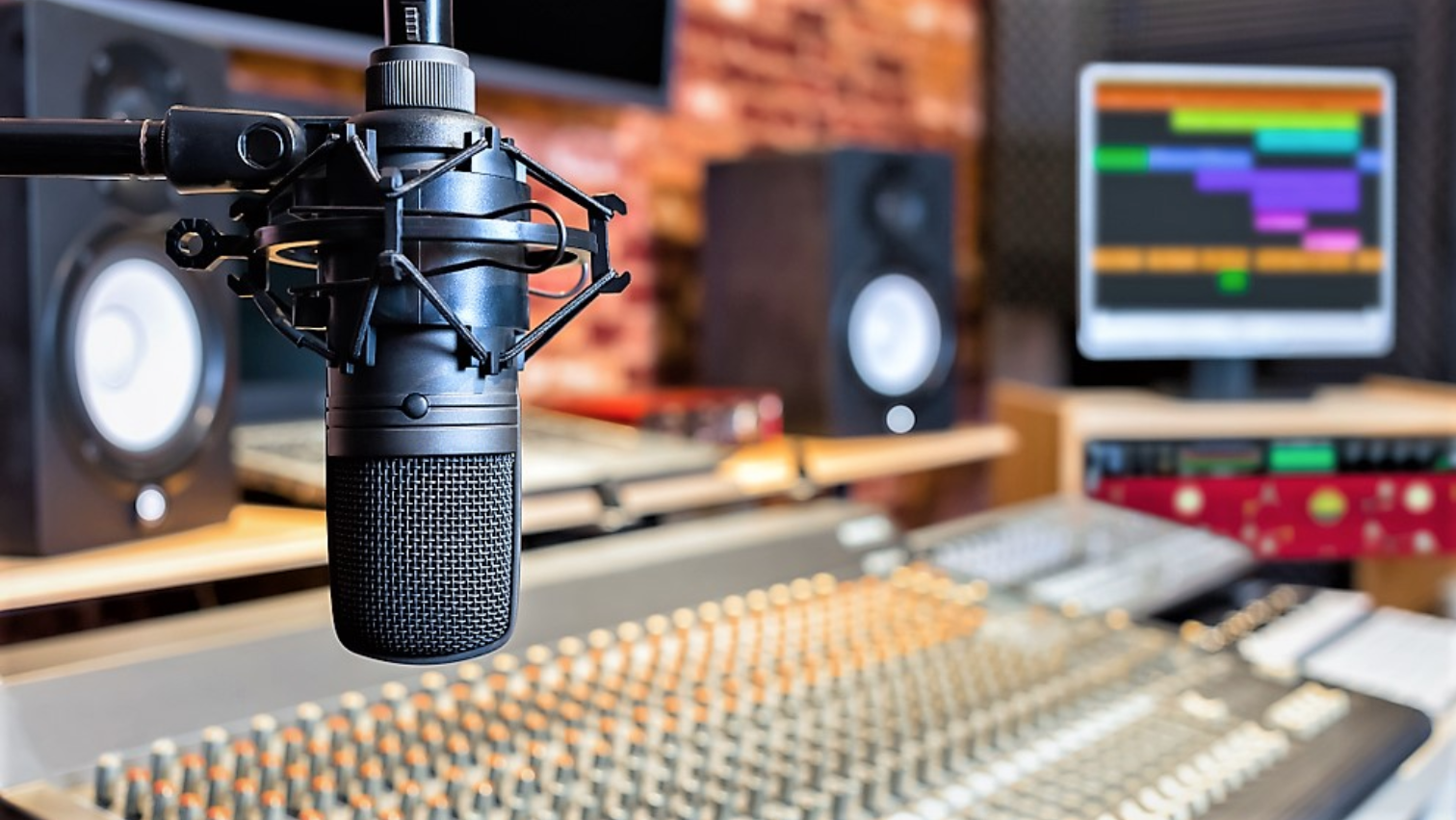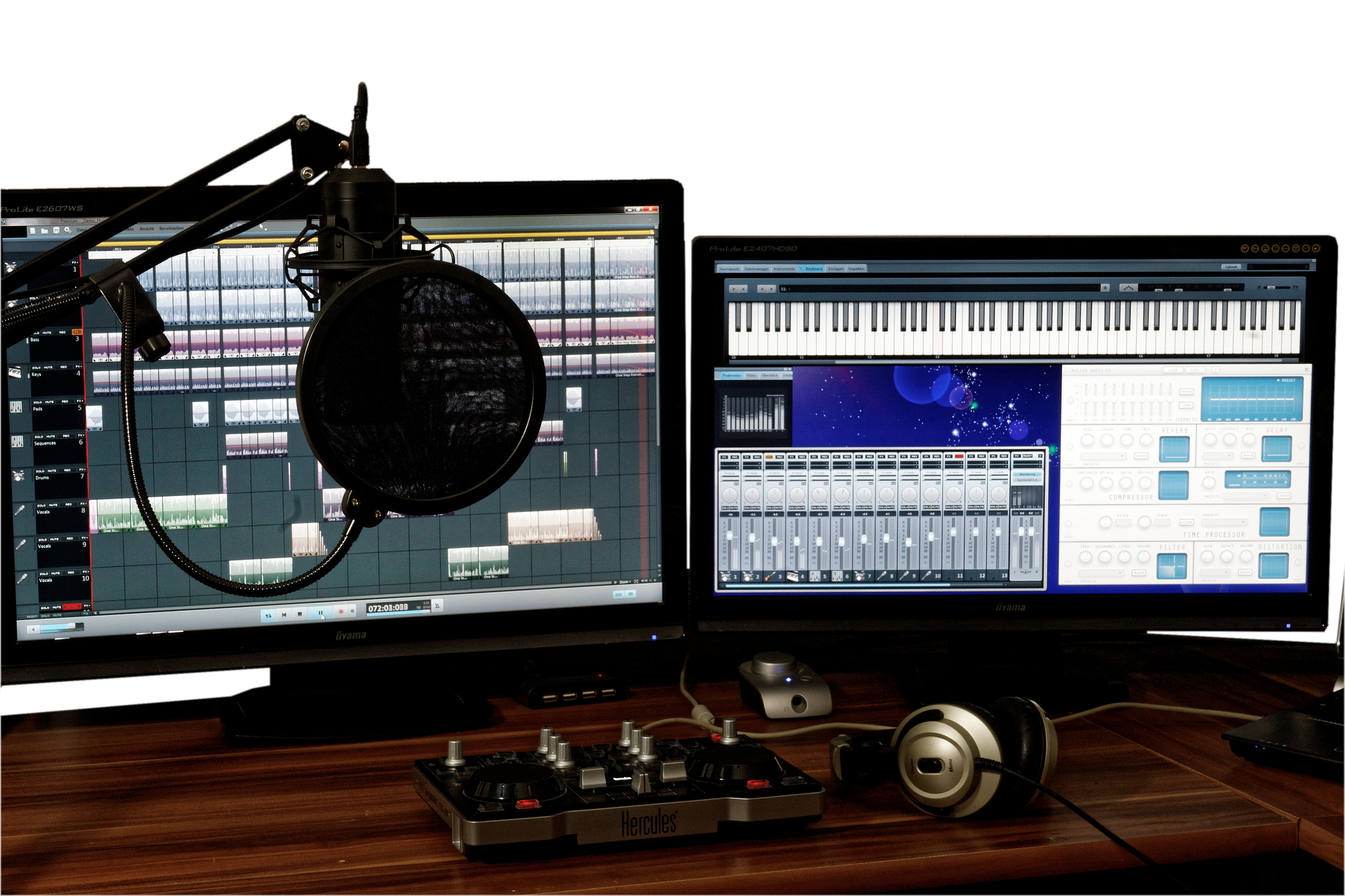

But you can’t simply plug these mics into your computer. They are a different type of microphone that tend to produce a better sound since they send a more balanced signal that isolates the noise. XLR microphones are the most durable but costly. USB or XLR?įor most podcasters with a simple set-up, a USB microphone is far easier since you simply plug the microphone into your computer, open up a recording software, and you're good to go! With dynamic microphones such as the RODE procaster, the noise pick up pattern focuses on the front on the microphone and less on the back which means it's mostly only capturing your voice. Why? Because some microphones do a better job blocking out background noise than others, making your voice sound a lot cleaner. When deciding to get a microphone, consider the space that you're going to record in. Investing in good podcast equipment will be beneficial to the overall quality of your show.

The next step in podcast production is equipment. When launching your podcast, pick a day of the week that you’ll be releasing episodes on and whether your cadence will be weekly, bi-weekly, or monthly - stick to this schedule because listeners want to know when they can expect new content. If you have runway, it’s okay if you miss a week.Īnd you don’t want to skip releasing a week, because consistency is key. You may have something come up where you can’t record an episode or you don’t have the time to edit. Why is this so key? Because life happens. So if you’re releasing episode 10 of your podcast one week, you’re not actually editing episode 10, you’re editing episode 13 because you finished episode 10 a few weeks ago. Podcast runway basically means always staying a few episodes ahead. Sundays you plan for your next episode.This will help to hold yourself accountable and ensure that you get all of your preparation and content done on time. What days do you want to be recording? When will you be editing your podcast? What days will you release episodes? To avoid this, create a schedule for yourself and your podcast. So many individuals get excited about the idea of podcasting but don’t seem to ever take any action. The last area that you want to be planning for podcast production is your schedule. For example, an interview podcast is great for relationship building, lead generation, and awareness, whereas a solo discussion is fitting for thought leadership. Your podcast objective and ideal listener profile is going to direct the format and structure of your series. Think of this not only in terms of the actual content provided, but also in the way the content is presented (i.e. These are all questions you should be asking yourself. Who do you want to have listening to your podcast? What makes your show different from the other ones your audience is listening to? Why are they going to choose your show and what incremental value is it going to be adding? Why are you creating your podcast? What’s the goal of the series? Sit down and really ask yourself why this piece of content should exist. There are numerous areas that you should be planning out. We’re here to remind you that planning for podcast production is key. Too many podcasters jump straight into recording their show without any planning and strategy. Through this, we’ve gathered some key tips and tricks and will be sharing nuggets of podcast wisdom with you from our team of expert audio producers. We’ve produced hundreds of podcast episodes over the past few years and gotten the opportunity to work with some of the biggest and most well-known brands on their company podcasts. Some elements of post-production include: This is where you really start to shape and bring your podcast to life. Post-production involves editing your podcast to get it to the best possible quality before you release it to your listeners. Whether your podcast is remote or in-person, this is when you’ll be hitting the record button and getting all of the content you need for the post-production stage.

Production is when you begin recording your podcast. setting your objective, podcast titles, cover art, etc.)
#Audio production podcast series#
Some of these elements will be repeated throughout every episode that you produce and others will be a one-time task when you launch your series (i.e. Some elements included in this stage are: Pre-production includes all of the planning and preparation for your podcast. This covers three primary steps involved with starting your podcast: pre-production, production, post-production. Podcast production refers to the process of piecing together your series and bringing it to life.


 0 kommentar(er)
0 kommentar(er)
